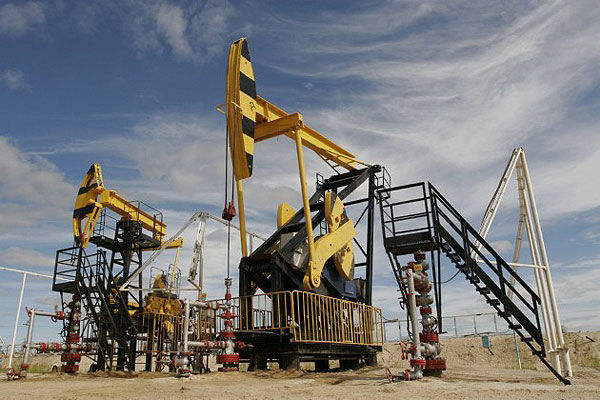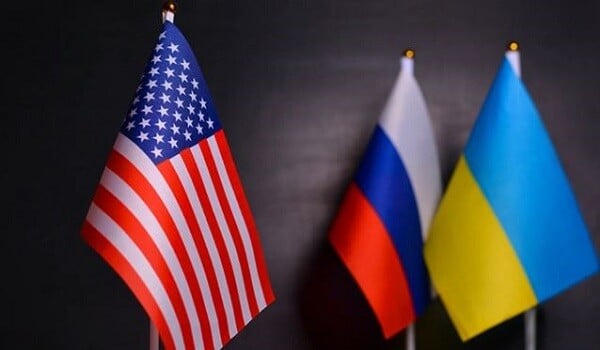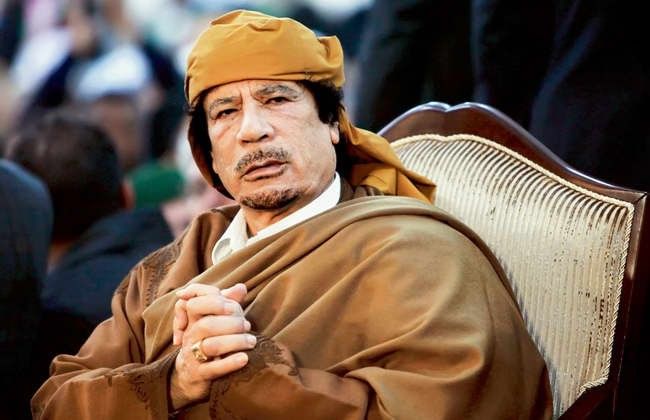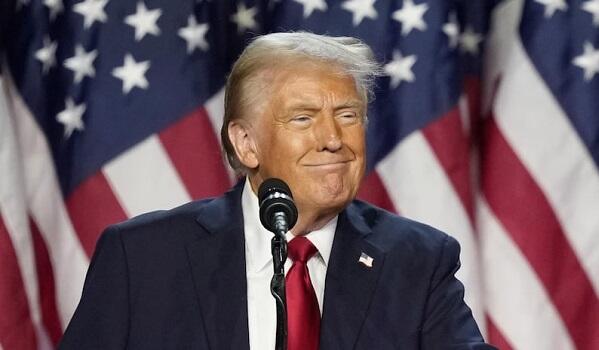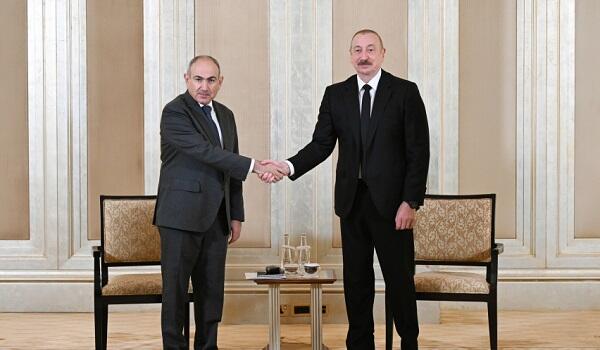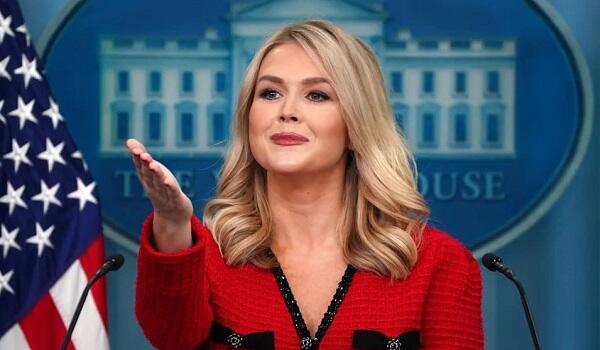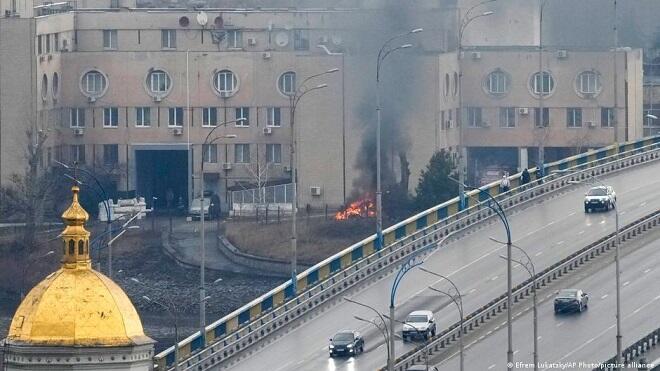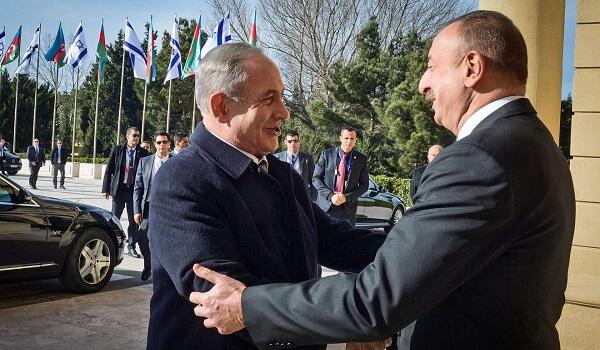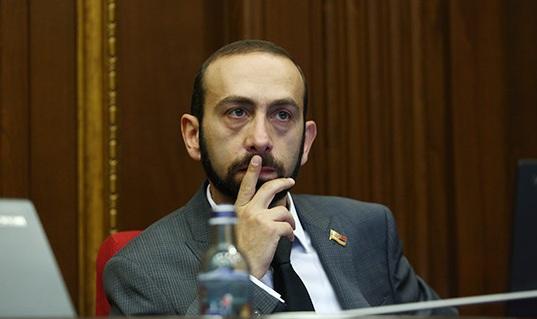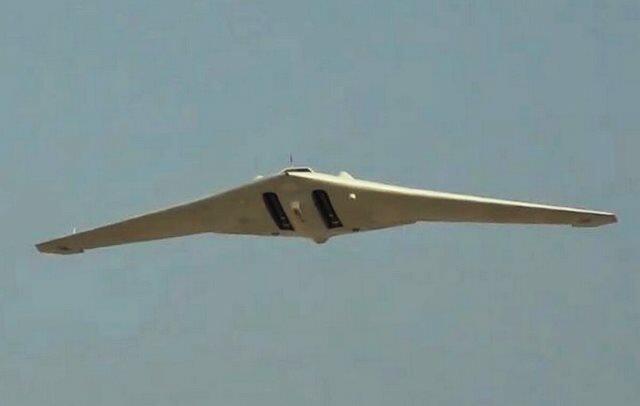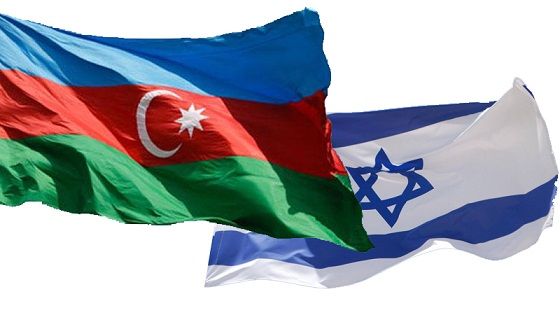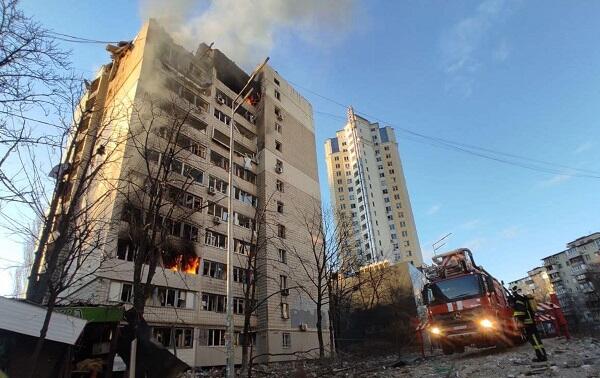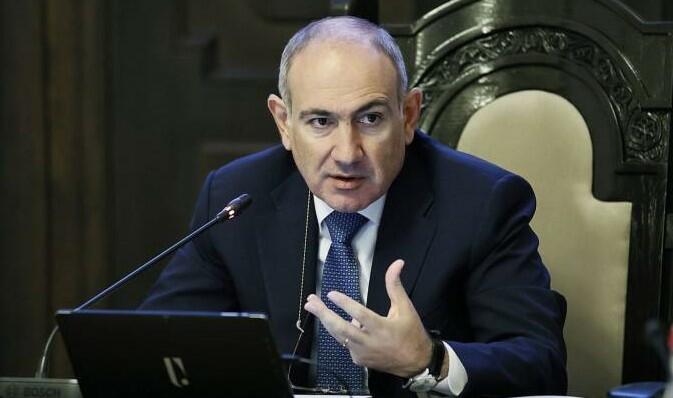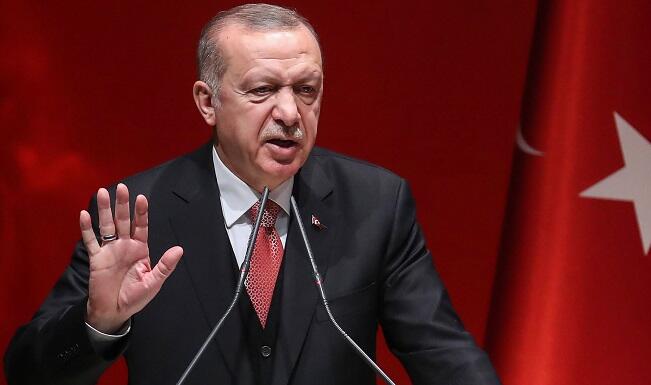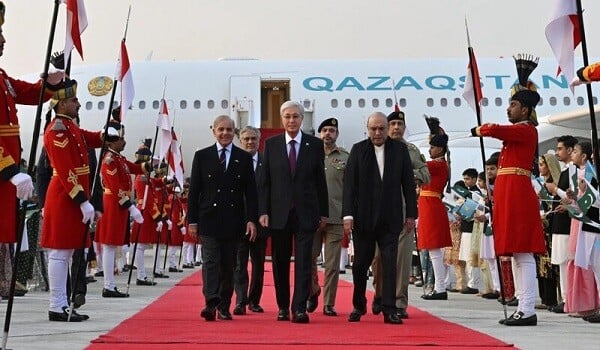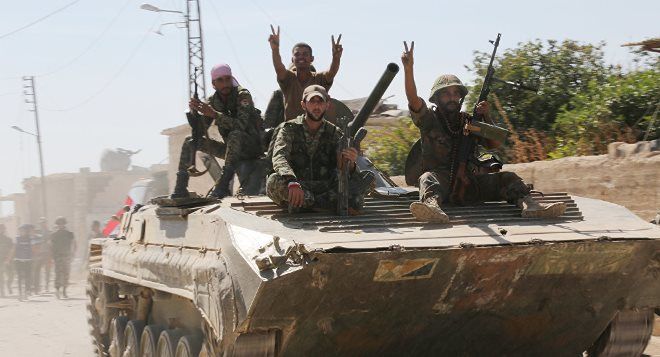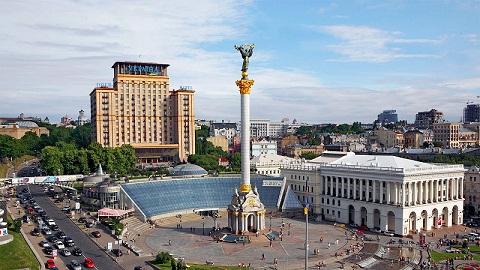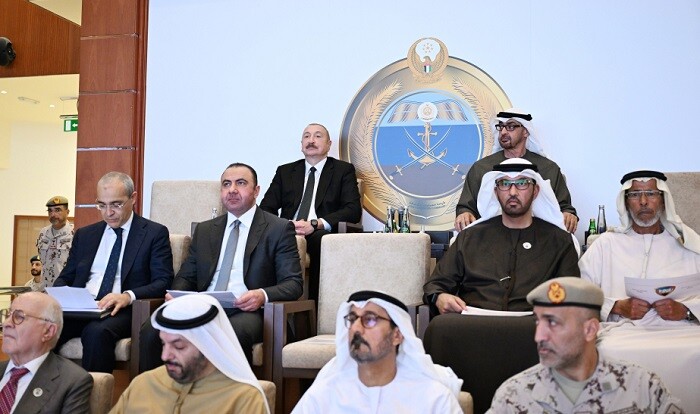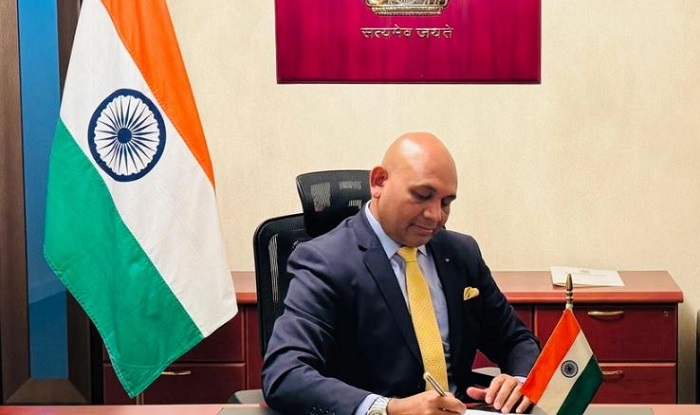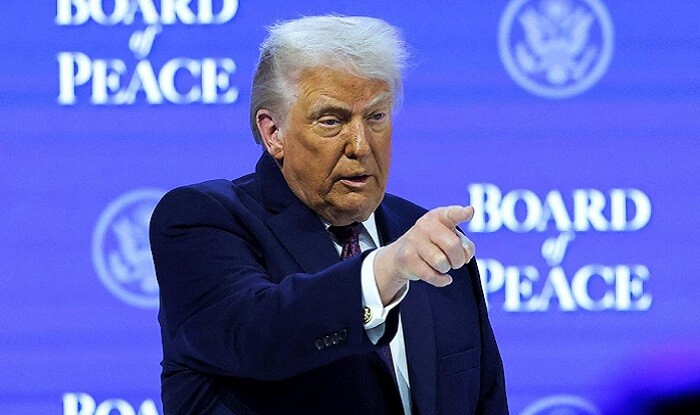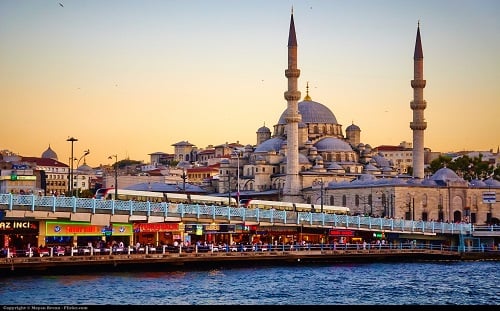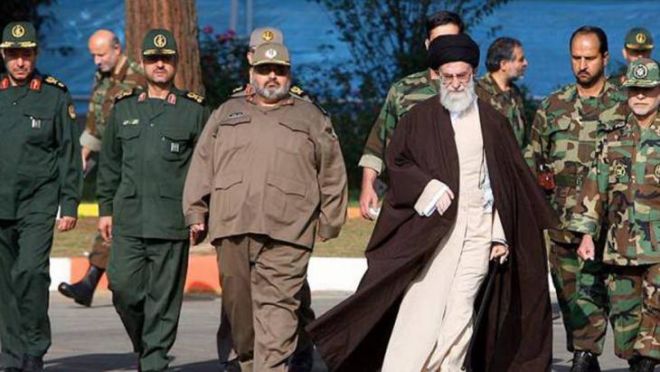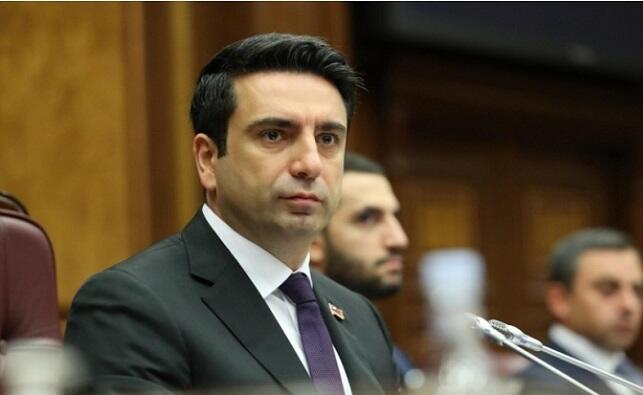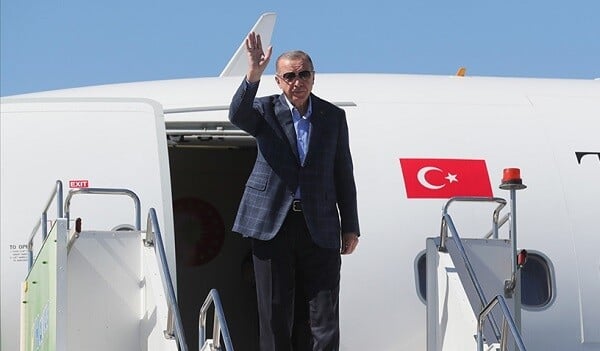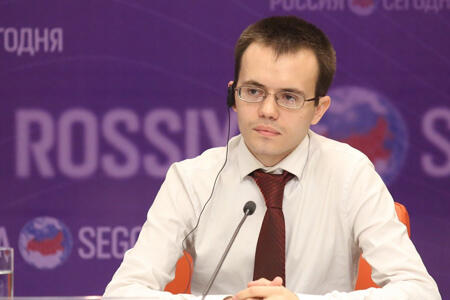Axar.az presents the article "Will Turkey's Partnership With Ukraine Worsen Its Relations With Russia?" by Andrew Korybko.
The Turkish and Ukrainian Presidents reaffirmed their countries' strategic partnership during their meeting in Istanbul over the weekend. Although President Erdogan claimed that their increasing military and political ties don't target any third country, some Russian observers were very concerned about the context in which this meeting was held considering the latest escalation in Eastern Ukraine. They're also very unhappy with the Turkish leader's refusal to recognize Crimea's reunification with Russia. Some also fear that drone cooperation between the two might shift the military balance in Donbas against the Russian-friendly rebels there.
Suffice to say, Russian-Turkish relations have been marked by competition and conflict for centuries until the establishment of the Turkish Republic and the Union of Soviet Socialist Republics (USSR) saw their revolutionary leaders agree to turn the page on their complicated history and chart a new era of relations. Ties were strained during the Cold War as a result of Turkey's membership in NATO and the Soviet Union's leadership of the rival Warsaw Pact, but they normalized after 1991. In recent years, Presidents Putin and Erdogan have had many meetings with one another and seem equally sincere in their desire to further improve their ties.
This is evidenced by their close military and diplomatic coordination in Syria, the Turkish Stream gas pipeline, Russia's construction of nuclear power plants in Turkey, and the Russian people's general love of vacationing in this hospitable southern country. There are so-called “populist” voices in each state that want to sabotage their unprecedented closeness in recent years so as to revive historical disputes for ultra-nationalist reasons, but they thankfully aren't influential enough to be any serious concern at this point. Even so, there's still a risk that misperceptions between the two could inadvertently provoke mistrust and worsen their relations.
Therein lies the importance of clarifying Ankara's motivations in reaffirming the Turkish-Ukrainian Strategic Partnership. Russia and Turkey are rising Great Powers in an increasingly multipolar world. They're much more confident advancing their respective national interests nowadays than they were just a decade ago, especially in their home regions. Generally speaking, their visions aren't in discordance with one another since both countries support stability, though they still differ on some key issues such as Crimea's political status and the ultimate outcome of the ongoing Syrian conflict.
Also, in spite of their unprecedented closeness with one another, neither is willing to defer to the other's strategic sensitivities insofar as voluntarily distancing themselves from countries that their partner has problems with. For instance, Russia continues to sell all sorts of arms to Syria even though Damascus and Ankara are unofficially in a state of war with one another, just like Moscow is actively cultivating closer all-around ties with Tel Aviv despite its worsened relations with Ankara in recent years. Likewise, Turkey is still a proud NATO ally, respects the US despite complications in their relations, and has strategic interests in Ukraine.
Arguably, whether intended or not, some of the dimensions of these aforesaid partnerships might inevitably create challenges for the others' respective policies. Russia's arms sales to Syria contribute to containing Turkish military influence in the northern part of that country, the same as Turkey's drone deal with Ukraine could make the military situation much more difficult for the Russian-friendly rebels in Donbas. Whether their leaderships are conscious of this or not, these dynamics help each Great Power balance out the other and retain a level of equality in their relations, which prevents the other from ever getting a one-up over them.
According to the Neo-Realistic school of International Relations thought, the anarchic nature of the international system precludes the establishment of actual trust between its members, which explains why they'll always retain some level of competition between one another even if it only takes a “friendly” form in the best-case scenario. This explanation sufficiently describes the nature of Russian-Turkish relations. Their leaderships have made enormous strides in improving bilateral ties, including in the strategic dimension through diplomatic, energy, and military cooperation, but they'll never be perfect.
Political polemicists on both sides will endlessly blame the other for starting this self-sustaining cycle of competition without acknowledging that it's simply inherent to the international system and not any particular country's fault. Just like some Russian commentators might raise concerns about the Turkish-Ukrainian Strategic Partnership, so too could Turkish commentators do the same about the Russian-Syrian one. Both make valid points, but bilateral relations would benefit if everyone realized how counterproductive such blame games are. Instead of pointing fingers, each side should acknowledge their naturally existing differences and manage them.
That's precisely what Presidents Putin and Erdogan have sought to do over the years. Both men understand the responsibilities imparted to them by their people to retain peace and stability between their historic civilization-states. Neither of them wants to slip back into the era of uncontrollable rivalry and disastrous military conflicts. They respect their partners' different national interests in some cases but believe that it's better to concentrate more on their commonalities in order to avoid having the former be externally exploited by third parties for divide-and-rule purposes that don't serve either of their true interests.
Sincere supporters of Russian-Turkish relations understand the complexity of their ties and the importance of responsibly discussing the various disagreements that have arisen between them. They shouldn't be ignored, yet they also shouldn't be exaggerated either. Both Great Powers will confidently advance their national interests as their leaderships understand them to be, deferring to no one but also not intending to provoke anyone either. The whole world can learn a lot by observing the twists and turns of Russian-Turkish relations since they arguably represent a new balanced model of International Relations in the Multipolar World Order.
